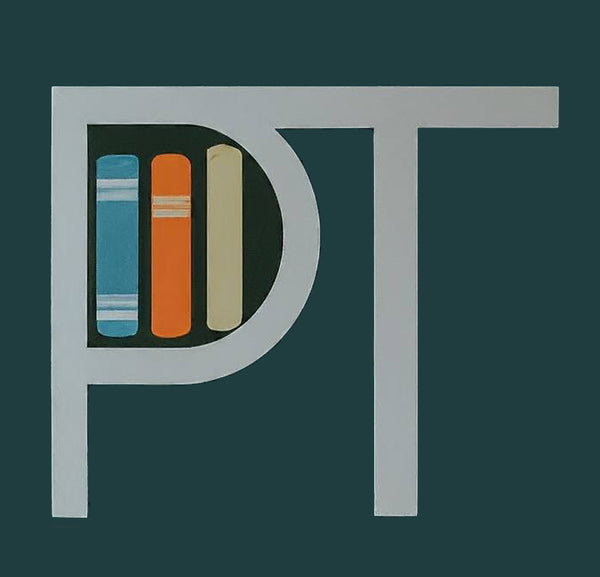
In today's competitive academic landscape, gaining admission to a desired college has become increasingly challenging. Standardized test scores and GPAs are no longer the sole determining factors; colleges now seek well-rounded individuals who stand out from the crowd. One effective approach to achieving this distinction is through personalized education. By tailoring learning experiences to individual needs, strengths, and interests, personalized education enhances a student's academic performance and extracurricular engagement, thereby improving their odds of college admission.
Understanding Personalized Education
Personalized education refers to instructional approaches that customize learning based on each student's unique abilities, learning styles, and interests. Unlike traditional one-size-fits-all models, personalized education empowers students to take ownership of their learning journey. This approach can manifest in various forms:
- Individualized Learning Plans: Setting customized academic goals and learning paths.
- Adaptive Technology: Utilizing software that adjusts content difficulty based on real-time performance.
- Project-Based Learning: Engaging in projects that align with personal interests and real-world applications.
- One-on-One Tutoring: Providing individualized attention to address specific academic challenges.
Academic Performance Enhancement
Personalized education directly impacts academic achievement by addressing individual learning gaps and accelerating progress in areas of strength.
- Targeted Support: Students receive help in subjects where they struggle, improving overall grades.
- Advanced Learning Opportunities: Accelerated programs challenge gifted students, allowing them to excel beyond standard curricula.
- Flexible Pacing: Learners can progress at their own pace, reducing frustration and disengagement.
Improved academic performance is a critical factor in college admissions, as higher GPAs and rigorous coursework demonstrate a student's capability and commitment to learning.
Development of Critical Skills
Colleges look for students who possess not only academic knowledge but also critical thinking, problem-solving, and collaboration skills.
- Collaborative Projects: Personalized education often involves teamwork, enhancing communication and interpersonal skills.
- Critical Thinking Exercises: Customized assignments that require analysis and evaluation foster deeper understanding.
- Real-World Applications: Connecting lessons to real-life situations makes learning more relevant and engaging.
These skills are highly valued in higher education settings and can set applicants apart in the admissions process.
Enhanced Extracurricular Engagement
Personalized education encourages exploration beyond the classroom, leading to meaningful extracurricular involvement.
- Pursuit of Interests: Students are motivated to delve deeper into subjects they are passionate about, leading to specialized clubs or competitions.
- Leadership Opportunities: Taking charge of personalized projects can develop leadership qualities.
- Community Involvement: Service-learning projects connect students with their communities, demonstrating civic responsibility.
Colleges appreciate applicants who show dedication and initiative in their extracurricular activities, reflecting a well-rounded individual.
Positive Impact on Standardized Testing
While personalized education emphasizes holistic development, it also prepares students for standardized tests that remain a significant component of college admissions.
- Customized Test Prep: Focusing on individual weaknesses improves test scores.
- Stress Reduction: Familiarity with test material through personalized practice reduces anxiety.
- Strategic Skill Development: Teaching test-taking strategies tailored to the student's learning style enhances performance.
Higher standardized test scores can significantly improve admission chances, especially in competitive programs.
Building a Compelling Personal Narrative
A personalized education journey provides rich experiences that students can articulate in college essays and interviews.
- Unique Experiences: Personalized projects and learning paths make for interesting stories.
- Demonstrated Growth: Overcoming personal academic challenges shows resilience.
- Alignment with College Programs: Tailoring education around specific interests can align with a college's offerings, showing clear intent and fit.
A compelling personal narrative can captivate admissions officers and distinguish an applicant from others.
Conclusion
Personalized education is a powerful tool that enhances a student's academic and personal development. By focusing on individual strengths and addressing weaknesses, it prepares students not only for college admission but also for lifelong success. As colleges continue to seek diverse and dynamic students, those who have engaged in personalized learning are well-equipped to meet and exceed these expectations.
